Are you a novelist, a scriptwriter, screenwriter, playwright, an author or simply a writer?
What’s the difference between scripts, manuscripts, screenplays, teleplays, stories, novels, and books?
Sometimes technical jargon can be a bit confusing, so we have defined some terms to help you get more acquainted with the world of writing.
OED Definitions
Perhaps the easiest way to begin is by stating some terms as defined by the Oxford English Dictionary. Find some OED terms below!
Script: a piece of writing short for manuscript (A written composition which has not been printed; unprinted or unpublished written material. An author’s written copy of a work, as distinguished from the print of the same).
In the Entertainment industry, a script is a story written in a particular format to be produced as a film or TV series.
Scripts are written in the present tense, opposed to novels which are most often written in the past tense.
Teleplays and screenplays usually include very minimal descriptions of a location, environment, and characters.
Novels, on the other hand, need to be written with far more vivid descriptions in order for the readers to live the story.
Film and TV writers are limited to a certain amount of pages when writing their story. Film and TV scripts which are too long cannot be produced into regular films and Television shows.
Novelists can go on writing for as many pages or volumes as they wish.
Teleplay: a script written for a television show, TV pilot or series. Teleplays usually consist of 4 acts with advertisements shown during the act breaks.
Screenplay: a script for a film, including acting instructions and directions regarding sets and camera positions. Screenplays are usually structured with 3 major acts.
Stageplay: a script written for a dramatic performance on stage such as a theater play.
Novel: a long, fictional prose narrative, usually filling one or more volumes typically representing character and action with some degree of realism and complexity.
Poem: a piece of writing or oral composition, often characterized by a metrical structure, in which the expression of feelings, ideas, etc., is typically given intensity of flavor by distinctive diction, rhythm, imagery, etc.
Author vs Poet: Finding Your Title
Looking for a professional title or just simply interested in identifying yourself within the writing community? Here, we have defined some options to help you find your most accurate job title.
Writer: a general title for someone who writes stories, books, scripts, or articles.
Writers who have published a book usually are referred to as authors.
Author: a published writer of a book or other works.
Screenwriter: a person who writes screenplays or teleplays (although Television writers mainly refer to themselves as scriptwriters).
Scriptwriter: a writer of scripts for movies or television programs.
Playwright: a person who writes theater plays or other stage plays.
(Also known as dramatist).
Novelist: the writer of fiction novels (also known as fictionist and wordsmith).
Biographer: a person who writes accurate accounts of other people’s lives.
Ghostwriter: a writer who does work for which another person takes the credit.
Lyricist: a writer of musical lyrics for songs.
Poet: a writer of a poem or poems.
Have more questions about writing jargon or defining yourself within the writing community? Ask us in the comments below!

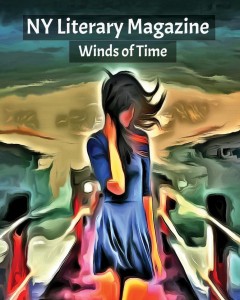
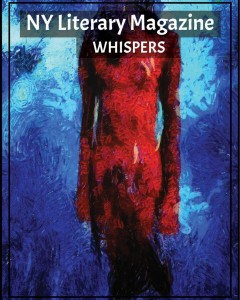


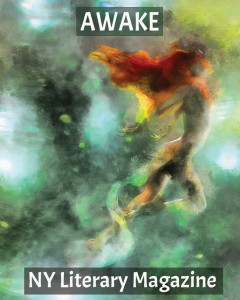

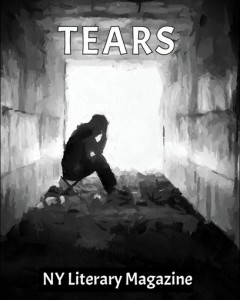
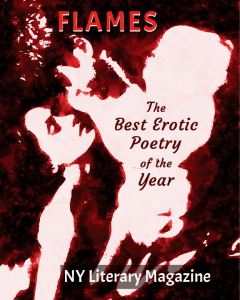


Leave a Reply
You must be logged in to post a comment.